Ever had such a bad experience that you swore, “Never again!”?
Or gotten so tired of something that even hearing about it makes you shrink away?
That’s when Japanese speakers might use “Kori Gori” (こりごり) — but here’s the twist:
It sounds like an onomatopoeia, yet it’s not actually one.
Before we dive in, hear how it sounds in Japanese conversation!
What is “Kori Gori” (こりごり)?
“Kori Gori” is a Japanese expression meaning “I’ve had enough”, “I’m fed up”, or “Never again.”
It’s used to strongly reject repeating a negative experience.
After a scary accident → Kori Gori (I’m done with driving.)
After a bad meal → Kori Gori! (Never again!)
Pronunciation
ko-ree go-ree
(Say it with a firm, rejecting tone, as if pushing something away.)
Categories
Emotion
Not an Onomatopoeia!
Although it sounds like an onomatopoeia, “kori gori” is actually an idiomatic adverbial expression.
It doesn’t mimic sound or state — instead, it conveys a personal feeling of rejection.
This makes it different from playful onomatopoeia like doki doki (heart beating) or gura gura (wobbling).

What Does “Kori Gori” Feel Like?
It feels like pushing away a plate of food you can’t eat anymore.
Like backing away after a bad fall.
Like saying “That’s it. Never again.”

How Do You Say It?
Say it sharply, with finality:
Kori… gori!
Like you’re cutting off any possibility of repeating the bad experience.
Example in Daily Life
Example: Bad sushi experience
He ate spoiled sushi once,
and ever since then he said —
Kori Gori! (Never again!)
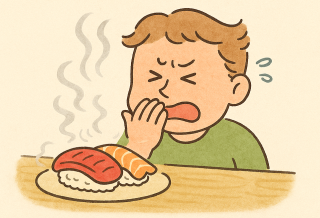
Cultural Note
In English, similar expressions include:
- “I’m fed up.”
- “Never again.”
- “I’ve had enough.”
But “kori gori” has a uniquely emotional, almost onomatopoeia-like sound, which makes it easy to remember and impactful when spoken.
Watch & Feel the “Kori Gori” World!
Experiencing regret in amusement parks
Look at the people feeling Kori Gori!
Try Using It!
When you’ve had a bad experience…
When something left you disappointed…
When you want to say “Never again”…
Say it firmly:
Kori gori!

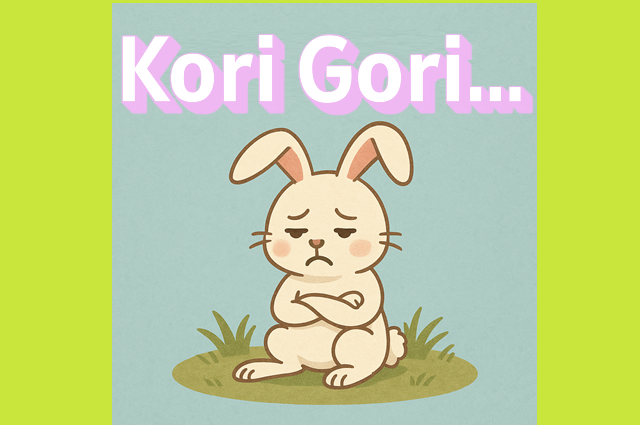



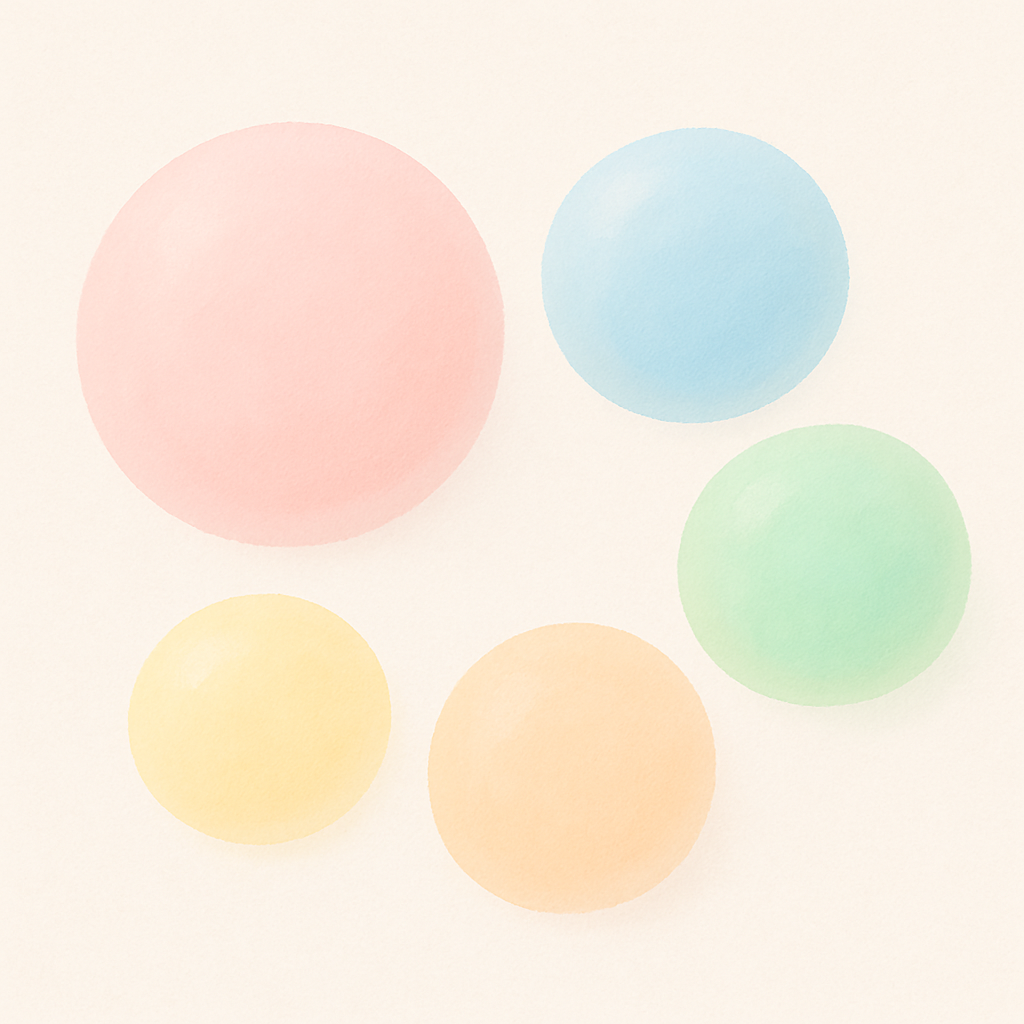

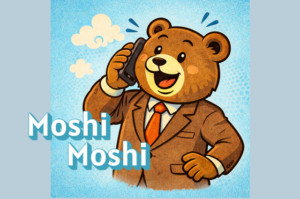
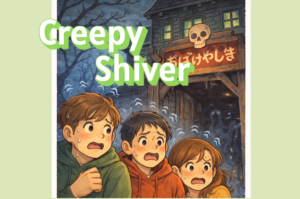
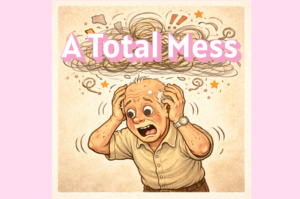
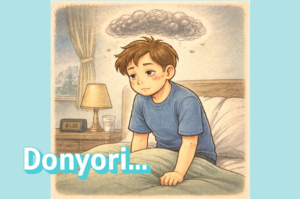
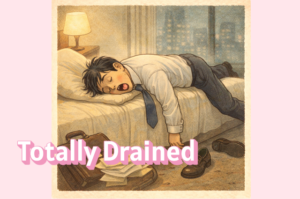
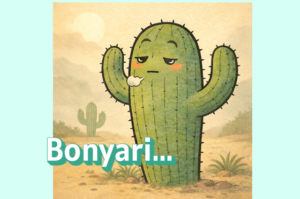
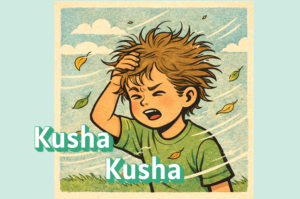
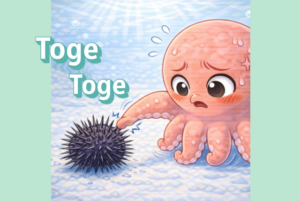
Comments